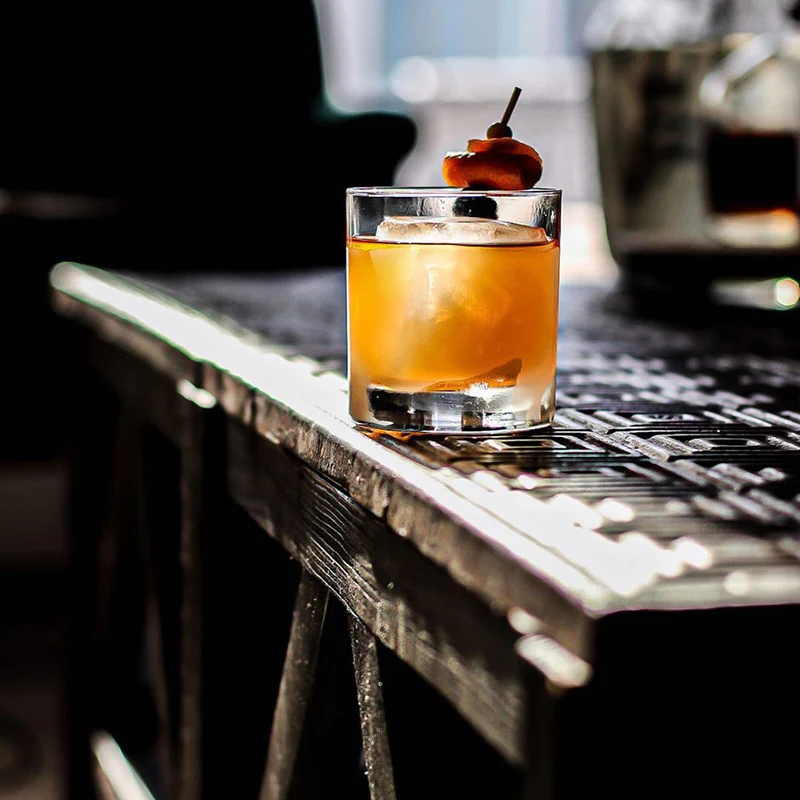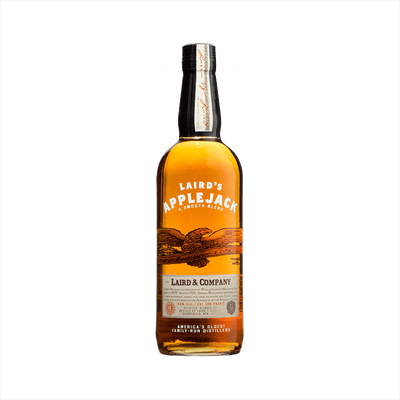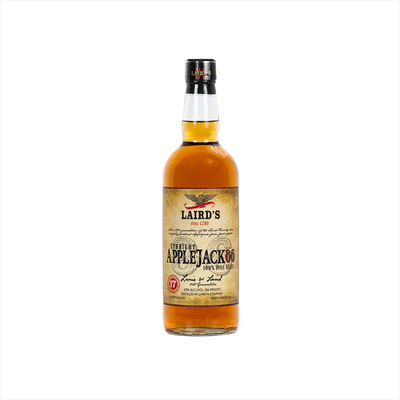
Jacked AF
Ingredients:
-
2 oz apple brandy
-
0.25 oz Liber & Co. Demerara Gum Syrup
-
2 dashes aromatic bitters
Directions:
- Add ingredients to a mixing glass with ice
- Stir 20 seconds and strain into a chilled glass.
- Garnish with an orange peel, plus a brandied cherry.


